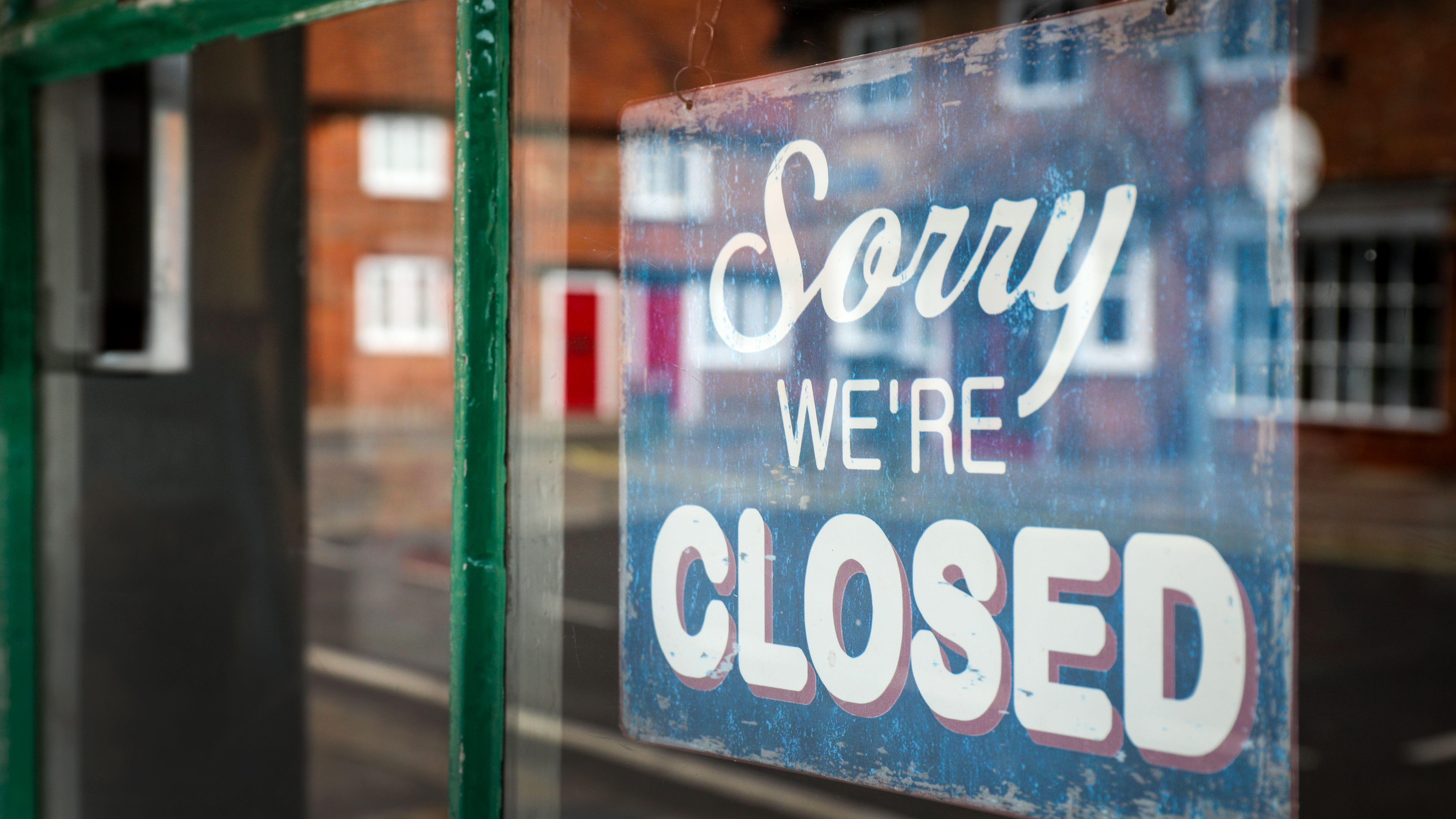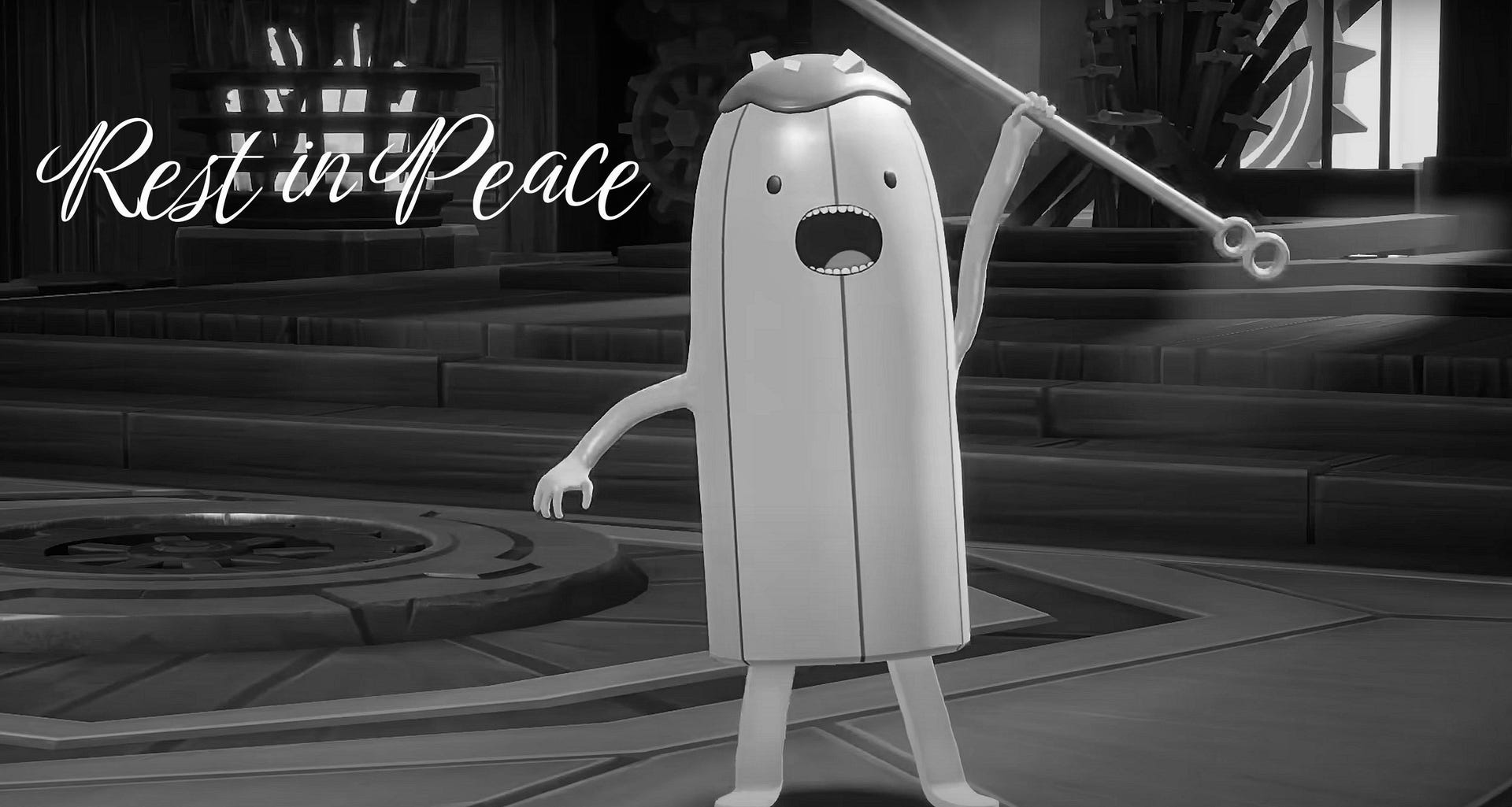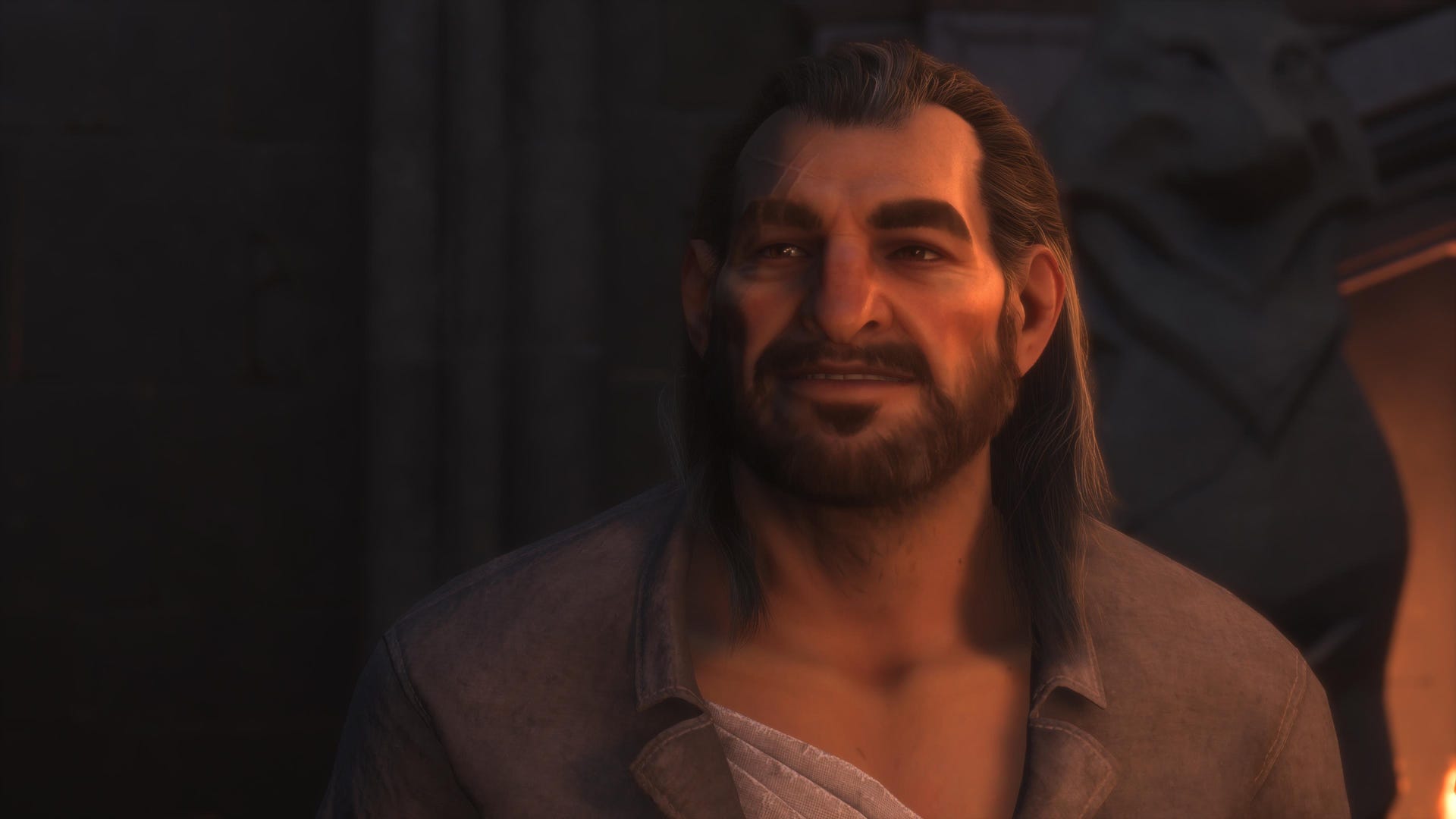Sundance Review: Rebuilding is a Somber Reflection on the Importance of Hope
We can all feel lonely. Even if we’re constantly surrounded by people, we can find ourselves detached or isolated—lost in our own minds. For some, that feeling is brought on by devastation. The kind that arrives out of nowhere, takes everything, and leaves rubble. Many of us see it in the news, think “how awful,” […] The post Sundance Review: Rebuilding is a Somber Reflection on the Importance of Hope first appeared on The Film Stage.
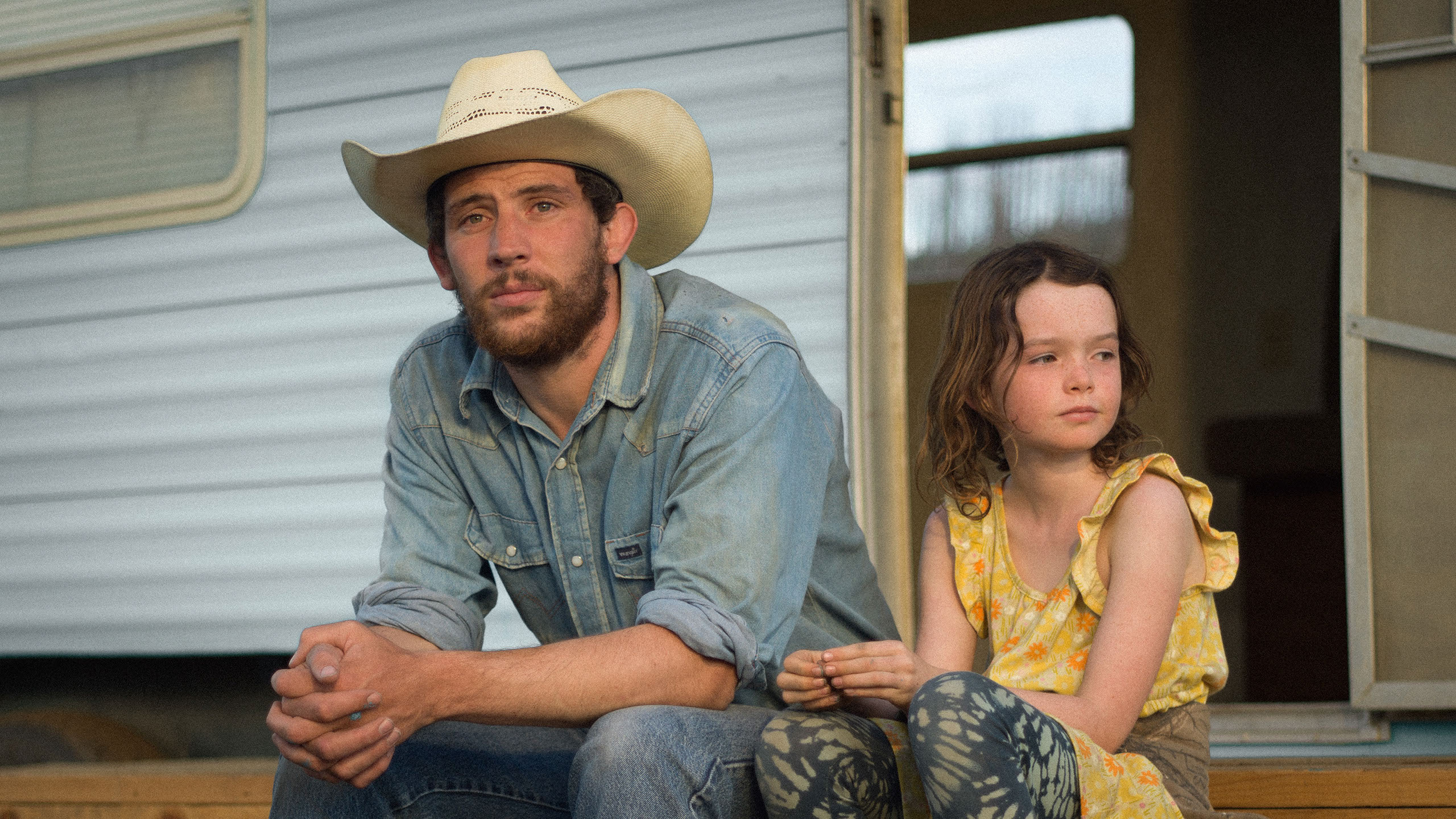
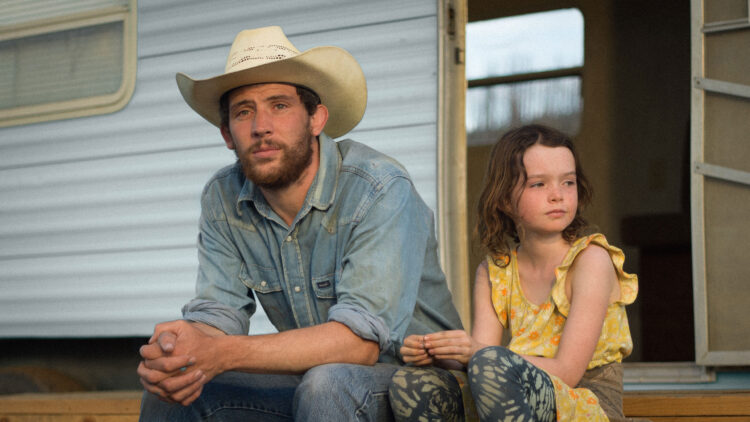
We can all feel lonely. Even if we’re constantly surrounded by people, we can find ourselves detached or isolated—lost in our own minds. For some, that feeling is brought on by devastation. The kind that arrives out of nowhere, takes everything, and leaves rubble. Many of us see it in the news, think “how awful,” maybe donate some money, but chalk it up to the indifference of fate and move on. In Rebuilding, Max Walker-Silverman considers if loss and destruction are part of life, then healing and rebirth must be, too.
There’s always space in Walker-Silverman’s films. Though he has just two features under his belt, a number of themes and aesthetic inclinations emerge. In 2022, his first feature, A Love Song, also premiered at Sundance; both have been small, personal stories set against expansive backdrops. There’s something unnerving about that combination. To have these solitary figures exist as a speck in the grand vistas of Colorado highlights our insignificance on the planet. But Walker-Silverman is no nihilist. Instead he points at that perspective, at those mountainscapes and sunsets that are indifferent to us, and says “Isn’t that beautiful?” He embraces the solitude and shows us we’re not truly alone, even if we may feel that way. There are people around us who care for us. They may be family, they may be strangers, but they are there and all we have to do is reach out.
In Rebuilding, Dusty (Josh O’Connor) loses his ranch in a devastating fire. His Stetson scratches the ceiling of the modest caravan he’s crammed into on a relief site. Defeated and despondent, he looks as bare as the scorched trees that surround the barren patch where his home stood. He wanders around as a nihilistic vacuum, selling what’s left of his cattle and then traverses the aimless path of someone overwhelmed with the question of what to do next. O’Connor is so fragile in his performance, he looks as if he’d crumble if you looked at him the wrong way. Together with La Chimera, O’Connor is making a name for himself as a taciturn, disheveled wreck. Just as Paul Schrader has his penitent men who keep diaries, Walker-Silverman has his solitary people in campers in the desert. Like Dale Dickey’s Faye in A Love Song, both lead inward lives surrounded by nature and silence.
Dusty begins spending time with his young daughter Caliee-Rose (an impressive Lily Latorre), who lives with his ex-partner Ruby (Meghann Fahy), her husband, and weed-growing mother Bess (Amy Madigan). While Caliee-Rose understands her father’s devastating loss, she is unaffected in her demeanor, full of life and the interests that kids can’t contain. Like children do, she tugs at his arm as she leads him to his fatherly duties, giving direction and purpose and never letting him fully recede. She visits Dusty’s yet-to-be-unpacked camper, where her natural curiosity extends to those that live in the other five on the site. “They’re not real neighbors anyway,” Dusty replies. “Don’t need to bother nobody.”
Encouraged by his daughter and neighbor Mali (Kali Reis), Dusty eventually joins his fellow fire victims in the small community they’ve created. The varied group gathers at a long makeshift dining table in between their transitional homes, commiserating on what they’ve lost over potluck meals. Though reluctant at first, he asks for help from a neighbor to get the water in his camper working. Through his interactions with his family and neighbors, Dusty begins to slowly blossom. Not only does Dusty grow more comfortable asking for help, he begins to offer it himself. ‘No man is an island’ is a recurring message of Walker-Silverman’s work.
His features have been achingly personal, both set in his home state of Colorado. They feel like watching your quietest buddy paint a picture. His grandmother lost her home in a fire, and it’s apparent much of his contemplation ended up in the screenplay. His characters are full of philosophical reflections on loss. “There are things I lost I’ll never remember. That I already forgot. Somehow, I really miss those things,” says Dusty as he rummages through a box with his daughter. Later, Bess is quoted as saying “You got what you got, and that was always enough for me.“
The most important theme of Walker-Silverman’s work is hope. With Rebuilding, he makes it clear that when you’ve lost so much it can feel like there’s nothing. All of the terrible parts of life are inevitable, but they are ephemeral. Eventually, we can continue with our lives. To do that, we need to embrace those around us and look at the sunset and think “sure is pretty.”
Rebuilding premiered at the 2025 Sundance Film Festival.
The post Sundance Review: Rebuilding is a Somber Reflection on the Importance of Hope first appeared on The Film Stage.



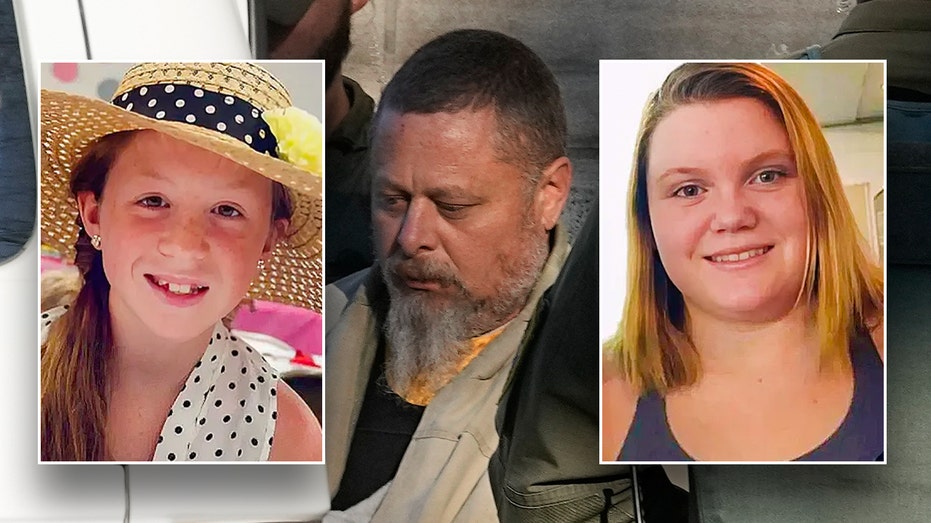









![From Gas Station to Google with Self-Taught Cloud Engineer Rishab Kumar [Podcast #158]](https://cdn.hashnode.com/res/hashnode/image/upload/v1738339892695/6b303b0a-c99c-4074-b4bd-104f98252c0c.png?#)







